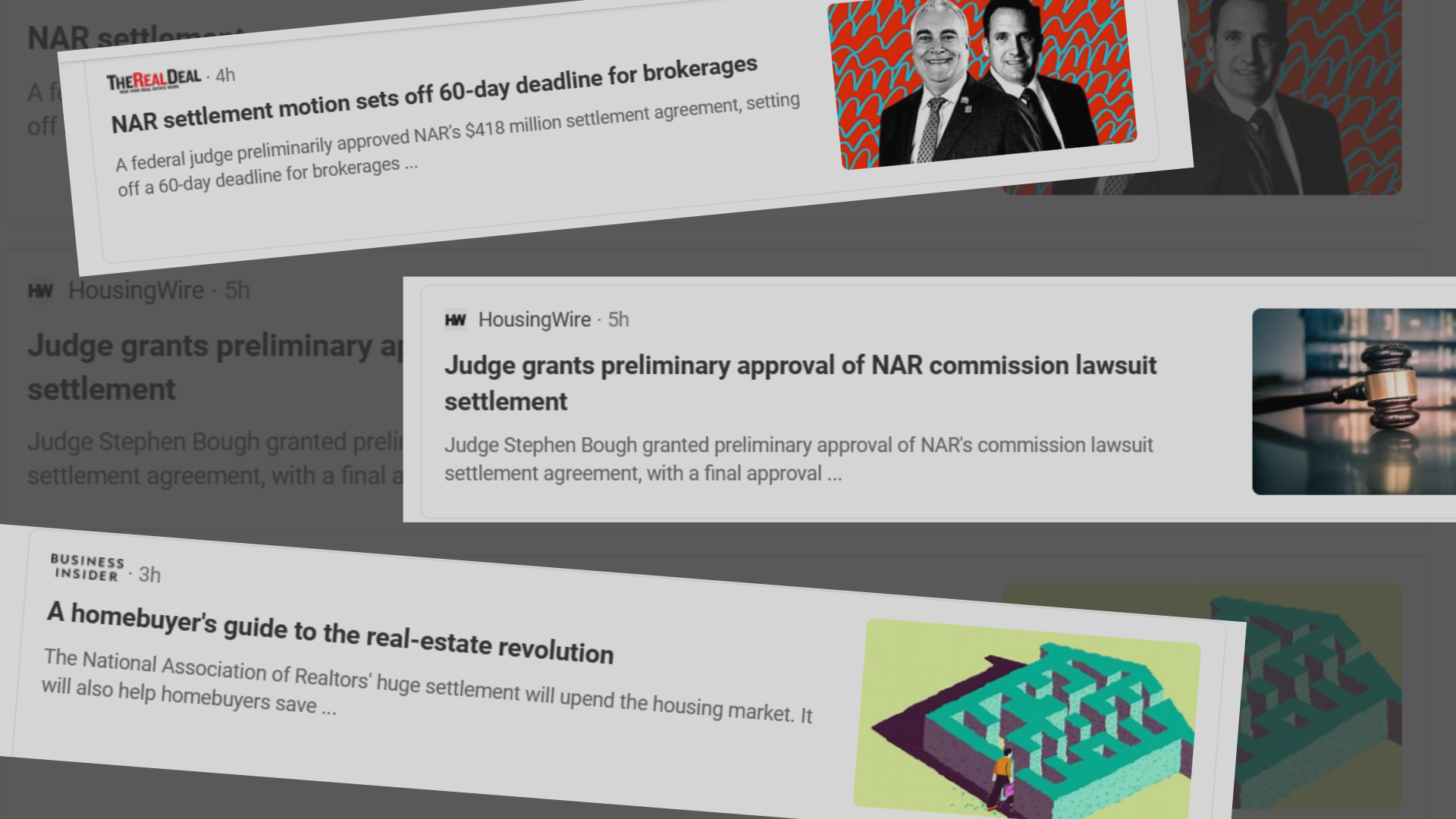With the housing market rebounding, more and more people are looking to buy a home. Unfortunately, as a result of the sub-prime housing scandal that occurred some years ago, home loan lenders are stricter than they used to be. The days when you would qualify with 5% down are over. You’ll often need to make a 20% down payment to qualify for a loan.
So where do you get the money? One source you may have available is your individual retirement account, or IRA. As a rule, you aren’t allowed to withdraw any money from your IRA until you are 59 1/2 years old. If you make premature withdrawals, you not only have to pay regular income tax on the money, but a 10% tax penalty as well.
However, there are several exceptions to the early withdrawal rules. One of these is for first-time home buyers.
Who Is a First-Time Home Buyer for Purposes of IRA Withdrawals?
If you qualify as a first-time home buyer, you can withdraw up to $10,000 from your IRA to use as a down payment (or to help build a home) without having to pay the 10% early withdrawal penalty. However, you’ll still have to pay regular income tax on the withdrawal.
If both you and your spouse are first-time home buyers (and you both have IRAs), each of you can withdraw up to $10,000 without having to pay the 10% penalty tax. Thus, together a couple can withdraw up to $20,000.
The definition of “first-time home buyer” in this case is broader than you might think. You qualify as a first-time home buyer so long as you had no ownership interest in a main home any time within two-years before the date you acquire your new home. If you are married, your spouse must also meet this no-ownership requirement.
Wait, it gets better. If you already own a home, you can make penalty-free withdrawals from your IRA to help any of the following people purchase a first home:
- your or your spouse’s child,
- your or your spouse’s grandchild, or
- your or your spouse’s parent or other ancestor.
Thus, for example, you could withdraw $10,000 from your IRA and give it to your son or daughter to help purchase a home. So long as the child is a first-time home buyer, you won’t have to pay any penalty on the withdrawal.
You can make more than one withdrawal for these purposes, but all your first-time home buyer withdrawals cannot exceed $10,000.
Timeline for Using IRA Money for a Down Payment
If you make a withdrawal from your IRA to finance a down payment, make sure you use the money to acquire a home within 120 days after the withdrawal (for these purpose, the acquisition date is the date you enter into a binding contract to purchase a home, not the date escrow closes). If the home purchase is canceled or delayed, you pay back the money to your IRA. So long as this is done within the 120 day limit, no tax will be due. The contribution is treated as a rollover contribution to the IRA.
More Information on IRAs and Down Payments
Ask your accountant or tax professional for details, check IRS Publication 590, Individual Retirement Arrangements (IRAs), or call the IRS at 800-829-1040.
By Stephen Fishman, J.D.




